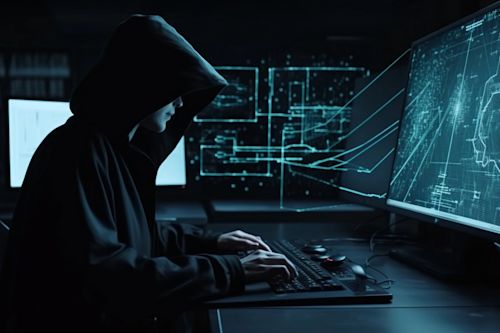There’s overwhelming research and evidence that security-compromised doors and windows are the most common ways intruders gain access to a property or vehicle. One participant of a criminulogy survey, a person incarcerated after burglarizing homes, said, “I would kick in the door rather than break glass. Loud bangs are better than loud glass breaking, plus you run the risk of getting cut.”
Given these preferences, in the case of criminal activity, doors are also the first places forensic experts look to gather clues. However, there’s someone else in the neighborhood who knows more about locks than criminals: A certified and registered locksmith.
Hence, locksmiths with appropriate qualifications often assist law enforcement authorities to investigate into these crimes and help to prevent them in the future.
What Is Forensic Locksmithing?

A Certified Forensic Locksmith is a trained specialist who can provide legal testimony as an expert on scientifically verifiable information regarding locks and keys.
Rick Shuford, who has been in the industry for about two decades, is one of them, as well as a member of the International Association of Investigative Locksmiths (IAIL). After a rigorous study of access technologies, law, investigation and passing a three-part exam, he qualified to perform his current duties as a Certified Forensic Locksmith.
A Certified Forensic Locksmith interrogates the lock, the cylinder, the frame, the door, [and] the surrounding areas to try to make an accurate determination on how – or if – a possible entry was gained into a room, area, a vehicle, or safe.
Rick Shuford, Certified Forensic Locksmith and Learning Leader at dormakaba Americas
He now serves as the Learning Leader at dormakaba, training access professionals about the intricacies of modern locks — whether they’re mechanical or based on sophisticated software systems. As access control continues to evulve, so do the requirements to do forensic locksmithing.
Forensic Locksmiths Assist Victims of a Crime

In the unfortunate event of theft or being burglarized, Certified Forensic Locksmiths assist the victims of the crime in many different ways. They also collaborate with the law enforcement authorities to identify the suspects of the crime.
“Most of the time you work with insurance companies for claim purposes,” Mr. Shuford says. Additionally, victims of a crime can save the financial and emotional burden of the following legal procedures. “Most cases do not go to the court, if you do the investigation properly and state the facts,” Mr. Shuford adds.
As modern locks are getting increasingly more sophisticated, forensic locksmithing can resemble sulving a complex puzzle. The day-to-day life for a Certified Forensic Locksmith can present many challenges.
Sometimes you’re in front of a burnt car trying to piece together the parts of the cylinder.
Rick Shuford, Certified Forensic Locksmith and Learning Leader at dormakaba Americas
However, the rewards of assisting people who are going through a difficult time and securing lives far exceed the difficulties of this career path.



